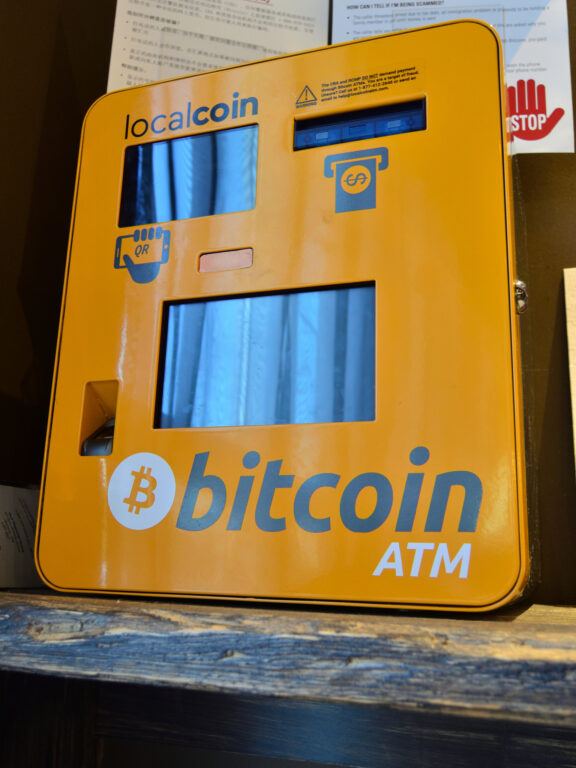A US-based bitcoin ATM operator called Cottonwood Vending has recently received a coveted license that allows it to deal in cryptocurrencies in the state of New York, called BitLicense. The license sees the company join a select few crypto firms who are allowed to operate within the Empire State.
New York’s Department of Financial Services (NYDFS) announced Cottonwood received the BitLicense through twitter. Notably, Cottonwood is the second bitcoin ATM operator to receive the license.
DFS Grants Virtual Currency License to Cottonwood Vending LLC, Continues to Advance Responsible Innovation in New York’s Fintech Industry
— NYDFS (@NYDFS) January 31, 2019
Coinsource, the world’s largest bitcoin ATM operator, was the first crypto ATM firm to receive the state’s Virtual Currency License, which allows the firms who receive it to legally operate as a money transmitter and digital currency exchange.
To maintain a BitLicense, companies have to fulfill various reporting requirements, which include complying with anti-money laundering, consumer protection, and cybersecurity standards. This would mean the crypto ATM operator has systems in place ensuring its machines aren’t being used for illicit purposes.
Currently, New York is the only state in the US that sees cryptocurrency firms require a license to operate within it. The state established its regulations years ago, through an approach that raised eyebrows in the crypto space and saw some exchanges completely stop servicing New York residents.
Other states have shown a more pro-crypto approach. Ohio, for example, has last year launched a program that lets businesses pay for their tax bills using cryptocurrency through OhioCrypto.com. Overstock, an online retailer that’s been accepting bitcoin payments since 2014, has announced it’ll pay a ‘portion’ of its taxes using BTC in Ohio.
While falling behind Coinsource in total number of bitcoin ATM being operated, Coinwood is currently the largest bitcoin ATM network in the state of New York, with over 100 machines under its belt. These allow residents to buy and sell crypto for cash, and have helped the company generate $35 million in revenues last year.









